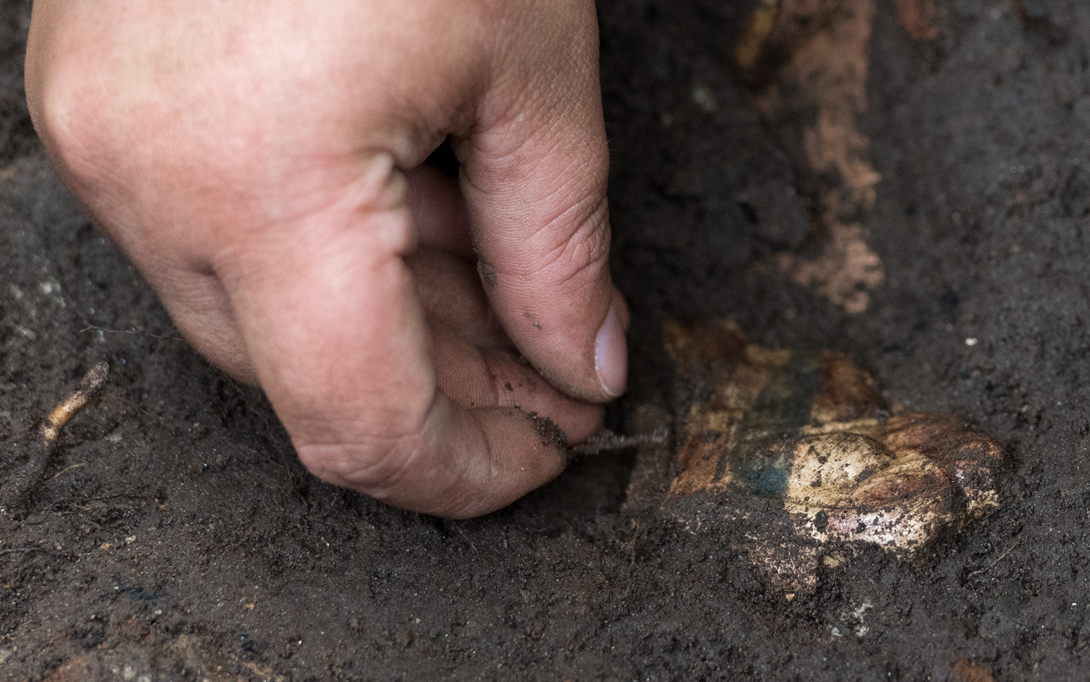September 10, 2019
Special Places Protection Act

All archaeological sites including historic shipwrecks and their associated artifacts are protected by the Special Places Protection Act.
Under this legislation, it is illegal to excavate, destroy or otherwise alter a protected site. In Nova Scotia, all heritage objects are protected under the Special Places Protection Act. Collection of such objects (including from shipwrecks) is only permitted under a valid Heritage Research Permit, and all heritage objects are the property of the province of Nova Scotia.
In accordance with the Special Places Protection Act, artifacts should be left in situ and should only be collected by a qualified archaeologist under a Heritage Research Permit.
Every day activity
The Department of Communities, Culture and Heritage does recognize that artifacts are sometimes found during every day activity (eg. Hikes, Gardening, beach walks etc.) in some areas and properties. There may also be artifacts that are uncovered due to storm activity, hurricanes, coastal erosion. If you ever find an object that you think may be of heritage interest it is important to minimize any disturbance to the area around the artifact and then record information about the item you located and where it was found. This information and a photo of the item should be sent to the curatorial staff at the Nova Scotia Museum to report the find for potential further investigation. These type of finds could help us to identify a new archaeological site.
Metal detectors
Using metal detectors to search for heritage objects without having a heritage research permit is a contravention of the Special Places Protection Act and thus illegal in Nova Scotia. While we can understand interest in metal detecting, it is important to note that metal detecting activity in areas with some level of archaeological potential would only be allowed if it was part of a larger archaeological project and monitored by a professional archaeologist (under permit from this department) to properly record the activity and stop excavation if / when intact archaeological resources are uncovered. All heritage objects (artifacts) in Nova Scotia are protected under the Special Places Protection Act.
Historic settlement patterns in a specific area gives it elevated archaeological potential and as such it is a place that intentionally searching for artifacts (via metal detecting or other means) and extraction would only be permitted under the guidance of a professional archaeologist in possession of a valid heritage research permit.
More information on the rules around archaeology and metal detecting here in Nova Scotia can be found on the website of the Department of Communities, Culture and Heritage.